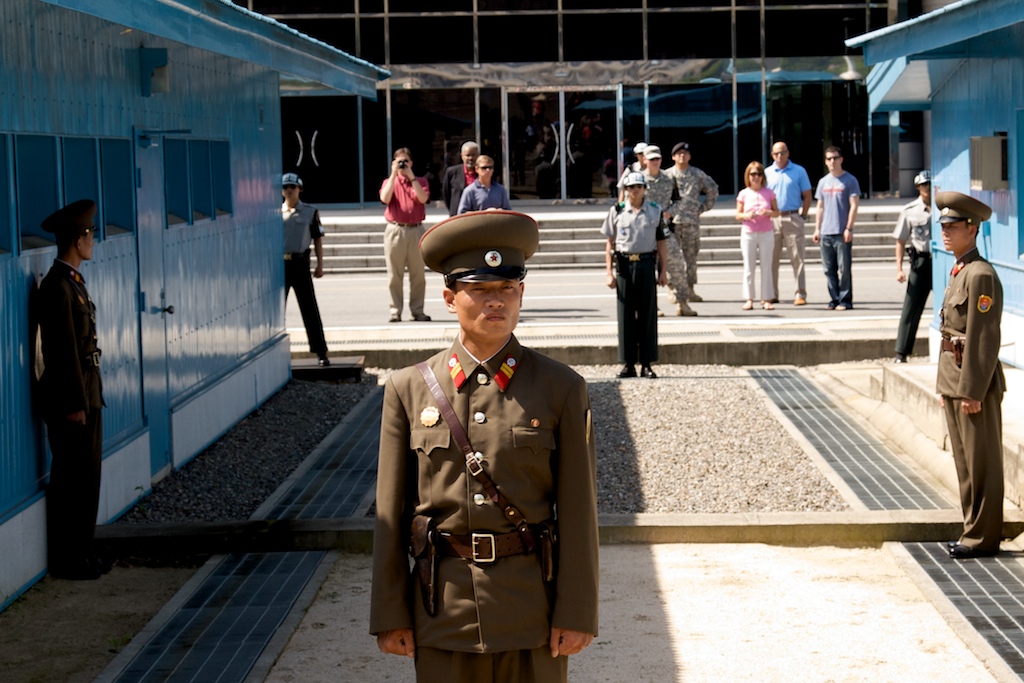The Peninsula
November 2014: No Meeting and Few Chances for Inter-Korean Relations

By Nicholas Hamisevicz
As October faded away, the hopes for an early November high-level meeting as promised after an inter-Korean meeting during the closing of the Asian Games faded as well when North Korea informed South Korea via fax that it would not meet due to the balloons being sent by South Korean activists into North Korea.
The situation in November was not made any better in the context of other events. Military drills and troop movements became stumbling blocks to a meeting, while South Korean gestures and statements to suggest it still desires interaction with North Korea went unheeded. As a result, there is little room or hope for better inter-Korean relations by the end of the year.
The inability to conduct a high-level meeting was disappointing. The two sides appeared to have the support needed to move forward with the meeting; however, public condemnation and threats to South Korean balloon launchers by North Korea and its unwillingness to respond to South Korea’s proposed dates undermined this opportunity.
With the prospects for progress in inter-Korean relations dampened, focus in the following weeks turned to the contentious issues between North and South Korea. South Korea conducted the Hoguk military drills, which North Korea also denounced. Reports of the two sides upgrading their respective military equipment and presence along on the border surfaced as well; South Korea also wants to deploy more elite troops near the border with North Korea starting early next year.
Even with North Korea’s condemnation of balloon launches and military exercises, the South Korean government is still trying to demonstrate both its willingness to reach out to North Korea and its efforts to encourage the South Korean people to have a better outlook toward unification. The Park Geun-hye administration continued to stress its inclination to build a foundational basis for future inter-Korean relations that provides both sides the confidence to move forward in a positive manner. Moreover, Shin Je-yoon, chair of the Financial Services Commission in South Korea suggested that an increase in taxes might not be needed after unification to help the Northern part of the peninsula. Whether this can be pulled off is still debatable, but the message can be linked to the Park administration’s push to convince the South Korean public of the benefits of unification.
The proposed high-level meeting was likely the best opportunity for improved inter-Korean relations in November and perhaps this year, further demonstrating the challenges the two face in trying to develop a working relationship. The Park Geun-hye administration will have to continue balancing its desire to engage in a gradual trust-building process with North Korea, while deterring North Korea from dangerous military provocations, and work to increase overall support and comfort for unification within South Korean society. All three are extremely difficult, and there is little momentum for significant progress in any of these areas for the rest of 2014, especially in inter-Korean relations.
Nicholas Hamisevicz is the Director of Research and Academic Affairs for the Korea Economic Institute. The views represented here are his own.
Photo from fresh888’s photostream on flickr Creative Commons.
